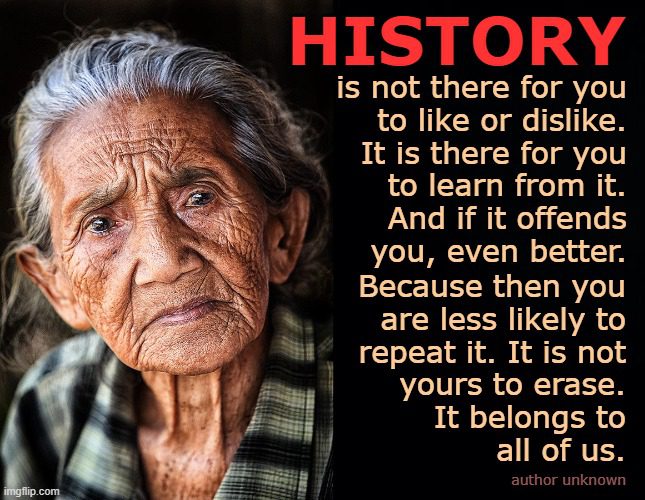Black History Month: Embracing our Whole Story

By Dr. Cynthia Hammond, PhD, MS; Kettering College Nursing Professor; Diversity, Equity, Inclusion, and Accessibility Committee Member
American history is a mixed history because a multiplicity of individuals and groups were involved–the various groups of people who already lived on the land and those who migrated to the land of America. The routes that were taken were various and complex, but they came for a better life. They came to live a different dream. They came to start over as they shared their cultures and food within a new land.
An historical account is that a conflict and war broke out and one side of the dispute captured the other side and traded them for food (BBC, 2023). This sparked the desire to repeat the offence and slavery was born. It is interesting to note that a driving component to labor shortage was forced labor. For example, the Spanish and Portuguese enslaved African people for labor and Britain engaged in the Atlantic slave trade of the 18th century for labor and to maintain their standard of living (BBC, 2023).
There were also other idealistic reasons for slavery that were born out of the following:
- “The importance of the West Indian Colonies
- The shortage of labor
- The failure to find alternative sources of labor
- The legal position
- Racial attitudes
- Religious factors
- Military factors”( BBB, 2023, p.1)
These seven idealistic thoughts of enslavers were hallmarks of problem areas in a variety of cultures. These human solutions changed the status quo of history in the cultures that incorporated slave labor from immigrant slaves. These drastic culture changes between the immigrant slaves interrupted old traditions and started new enforced traditions as they sought survival under the dread of slavery installment.

The foundation of why we need to recognize, discuss, and give gratitude to past, present, and future individuals encompasses the intent of honoring Black history. These variety of individuals and groups gave their lives for their collective freedom. They sought an opportunity for a better life. They passed on previous cultural themes and practices while incorporating new traditions that combined as a new way of life in an unfamiliar land. These enhanced thoughts, practices and protocols shaped the very essence of Black History. The remembering, the celebration and being appreciated engulfed the cultural and emotional references to Black History.
We celebrate in our reflection of our family members who contributed and continue to contribute to America with their God-given gifts of being musicians, inventors, salesmen, entertainers, medical trailblazers, investment bankers, dance and vocal entertainers, and religious orators to name a few. We are handing out flowers to the past, while we live in the moment to encourage those who will offer future contributions.
It must be clearly stated that success is not just a skill that falls in a person’s lap. The success of life consists of talent that is learned or innately given combined with hard work and a support system and, of course, the opportunity of open doors. The doors that do not open often times must be created to be able to succeed in life. God gives the gift and then blesses the gift and creates and opportunity for the gift to be used. God repeats this effort with every person, race, and creed. The opportunity of Black History Month creates the occasion for the door to be open for reflection, to offer gratitude, to say thank you for your service in life whenever it happened and to congratulate on a job well done.
The statement that “Black Lives Matter” is important because these lives have not always mattered. The statement “All Lives Matter” is true but not at the expense of civil rights, unfair legislative actions, Jim Crow laws, and police who kill and are not brought to justice. As we proclaim to be Americans and don’t take a stand against injustice, we demonstrate that all lives really don’t matter. A personal belief is that if an injustice is committed and we uphold the injustice without acting or merely keep silence, then we are just as guilty as the offender. Martin Luther King stated, “Injustice anywhere is a threat to justice everywhere” (Martin Luther King, 1963).
All history is a representation of how we live and consists of our contributions to life, we must not exclude any part of history that is unjust, unfair, or immoral or our history will reflect incompleteness and look like the following picture:

To recount history to the full extent we must include all historical parts.
Thank you for reading my thoughts on the importance of Black History Month.
-Dr. Cynthia Hammond
References
British Broadcasting Company (BBBC), (2023). Reasons for the development of the slave trade. Higher URL: https://www.bbc.co.uk/bitesize/guides/z22nfg8/revision/1
King, M.L. ( 1963). “Injustice anywhere is a threat to justice everywhere.” Reader’s Digest. url: https://www.rd.com/list/the-best-quotes-of-martin-luther-king-jr/
Print This Page